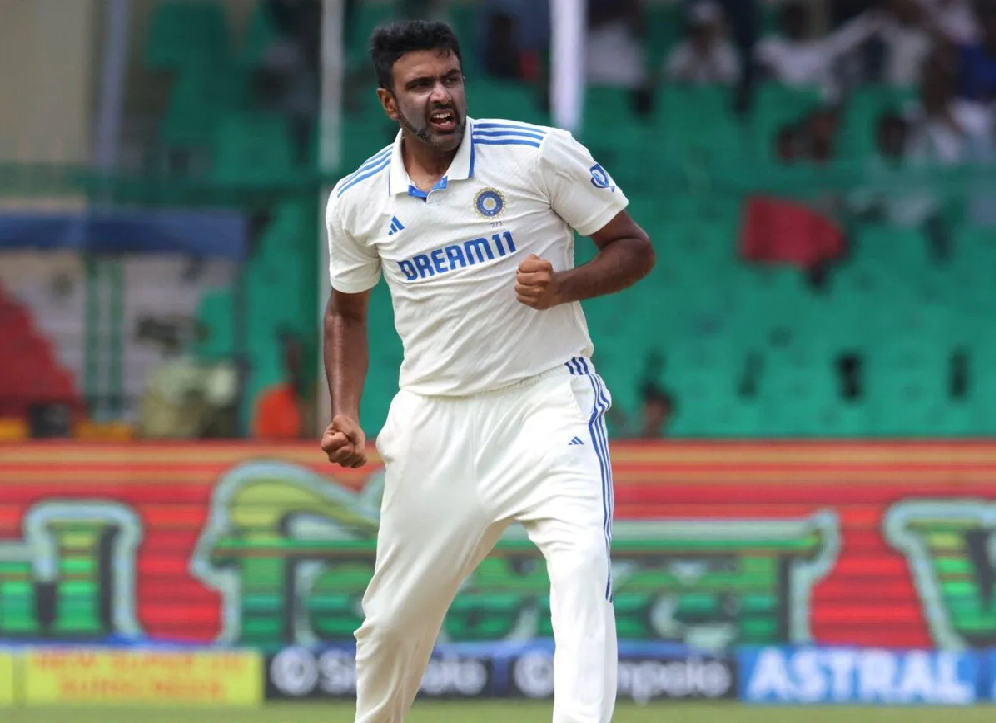
Ashwin: An underutilised cricketing genius
Ravichandran Ashwin has been one of cricket’s sharpest minds and most versatile performers. His career reflects relentless commitment, continuous improvement and a drive to innovate. Despite his monumental achievements, Ashwin’s potential has arguably been constrained by the lack of unequivocal backing from captains. While his statistics at home are unparalleled, his overseas performances have often been scrutinised a critique that may be as much a failure of leadership as of playing conditions. Ashwin’s approach is characterised by experimentation and learning. Even during off-seasons, he hones new deliveries.
At one point, he contemplated bowling left-arm during the IPL for Chennai Super Kings, though regulatory issues curtailed this ambition. Such anecdotes exemplify his innovative mindset. Unlike cricketers who rely on a fixed repertoire, Ashwin’s willingness to stay ahead of batters set him apart. A recurring critique of Ashwin’s career is his performance in SENA countries (South Africa, England, New Zealand, Australia). While his overseas numbers do not match his dominance at home, this criticism ignores crucial variables. Indian spinners like Bishan Singh Bedi, Erapalli Prasanna and Anil Kumble found success abroad, but the comparison overlooks captaincy’s role in instilling confidence.
Captains’ trust can elevate a player’s performance. Mansur Ali Khan Pataudi’s support for Prasanna and Imran Khan’s backing of Abdul Qadir exemplify this. In contrast, Ashwin’s tenure under M.S. Dhoni, Virat Kohli and even Rohit Sharma reveals a more precarious dynamic. Despite 500-plus Test wickets, Ashwin’s spot in overseas Tests was frequently under scrutiny, unlike Nathan Lyon’s secure position in Australia’s XI. This insecurity is significant. Lyon’s assured spot offers him a psychological edge. If Ashwin had been shown similar confidence, his overseas performances too may have been vastly different. Ashwin’s batting prowess is another underexploited aspect of his career. With six Test centuries, he stands out among bowlers with 500-plus wickets. His batting eclipses that of Anderson, Broad and McGrath.
However, captains have not treated him as a genuine all-rounder like Kapil Dev or Jacques Kallis, often labelling him a “bowler who can bat a bit.” If Ashwin had been utilised as a top-order batsman – perhaps at No. 6 – he could have had a greater impact. Runs from a confident batter at No. 6 change the course of a match. Moreover, success with the bat often fuels bowling confidence, enhancing overall performance. If Sourav Ganguly had been Ashwin’s captain, his career trajectory may have been vastly different. Ganguly’s support for players is legendary. With Ganguly’s backing, Ashwin would have been granted full control over his craft and been assured of his place in the side regardless of immediate results. Such an approach may well have added 75 wickets to his tally and six more centuries to his record. With consistent support and role clarity, Ashwin’s name might have been uttered alongside cricket’s all-time great all-rounders like Kallis and Sobers. Ashwin’s story is a management parable.
A leader’s role is to extract the best from their resources. Confidence is crucial. A diffident employee – or cricketer – will falter, but a confident one thrives. Good leaders foster this confidence by offering security, role clarity and support. Despite being India’s premier spinner, Ashwin’s frequent need to “prove” himself is an indictment of his captains. Ravichandran Ashwin’s legacy is already assured. He is one of India’s finest cricketers, a master of his craft and a legendary spinner. Yet, his story is also one of untapped potential. With the right captaincy and an environment of trust, Ashwin could have scaled even greater heights. As Indian cricket moves forward, this tale should serve as a lesson for future captains. Talent blooms in an atmosphere of trust and for a mind as fertile as Ashwin’s, this support could have unlocked even greater greatness.
 English daily published in Bengaluru & Doha
English daily published in Bengaluru & Doha






